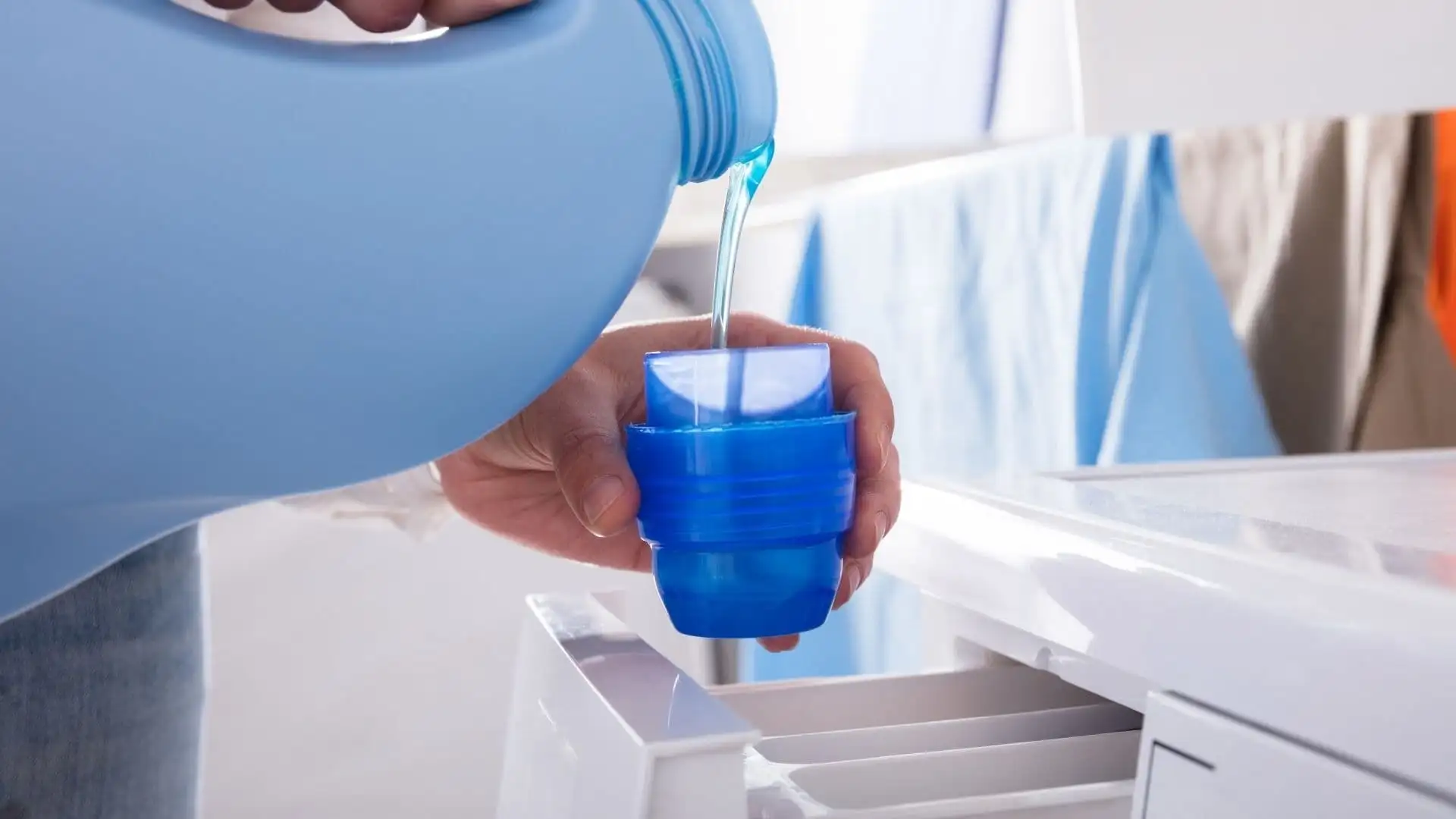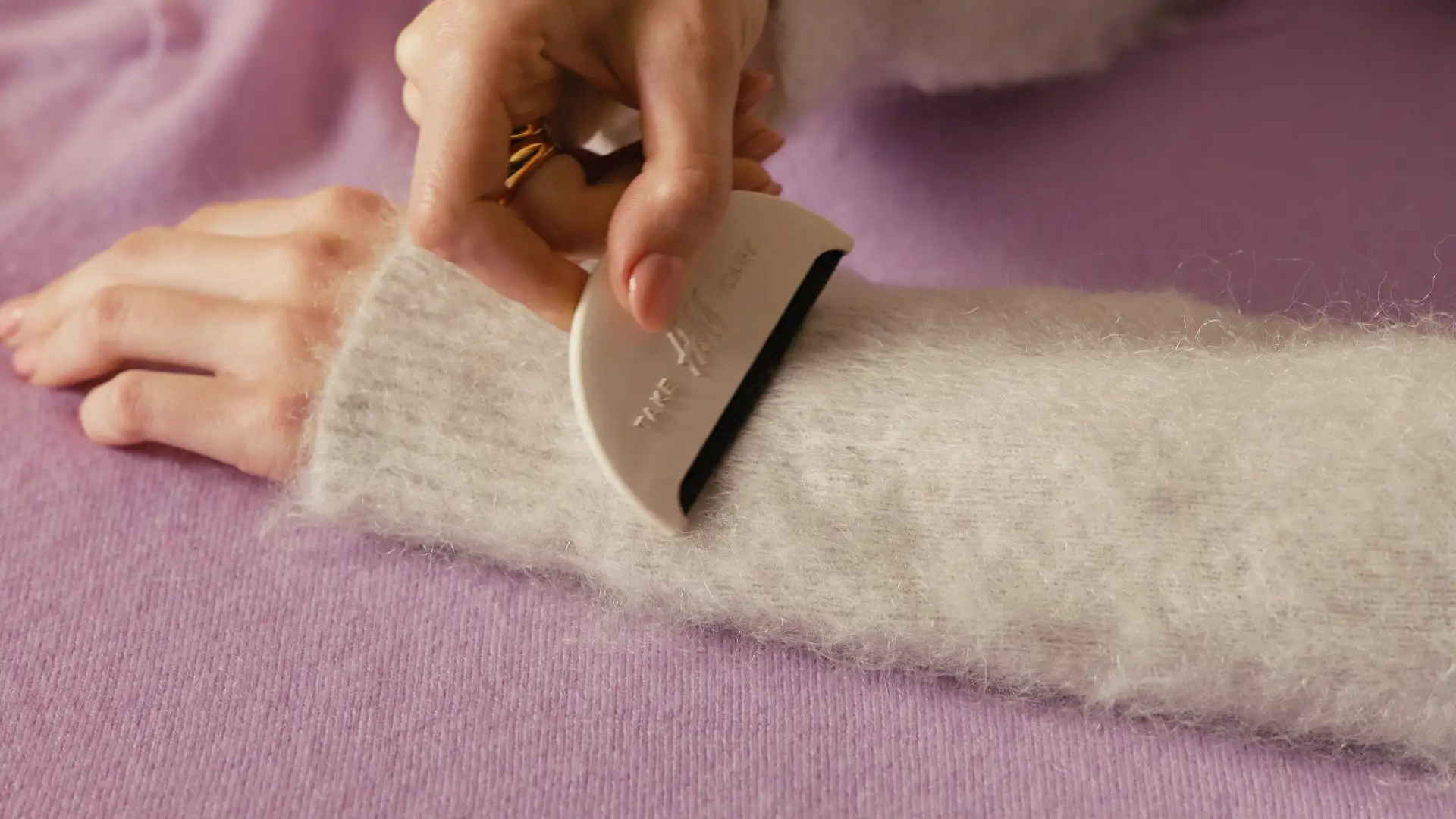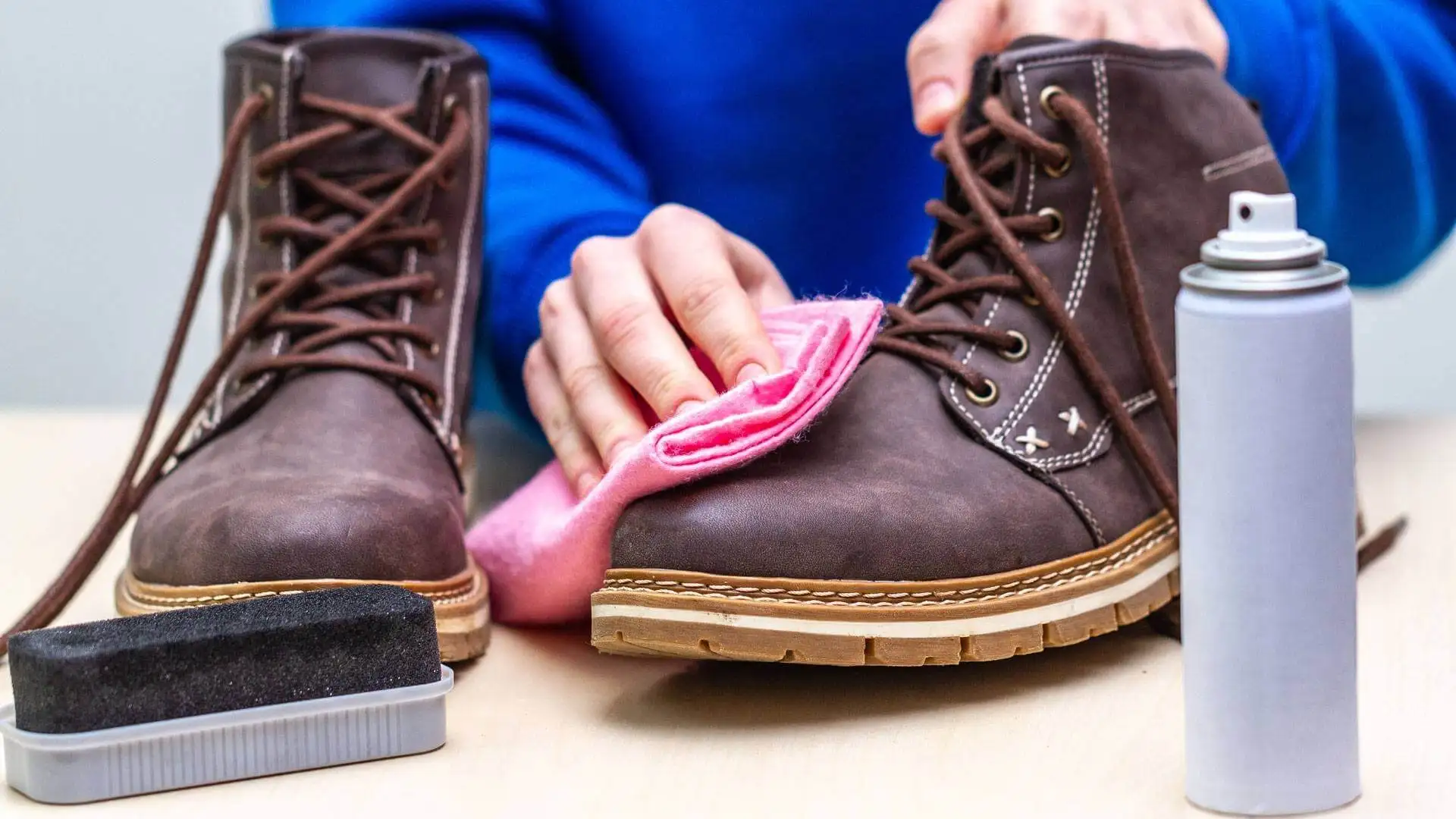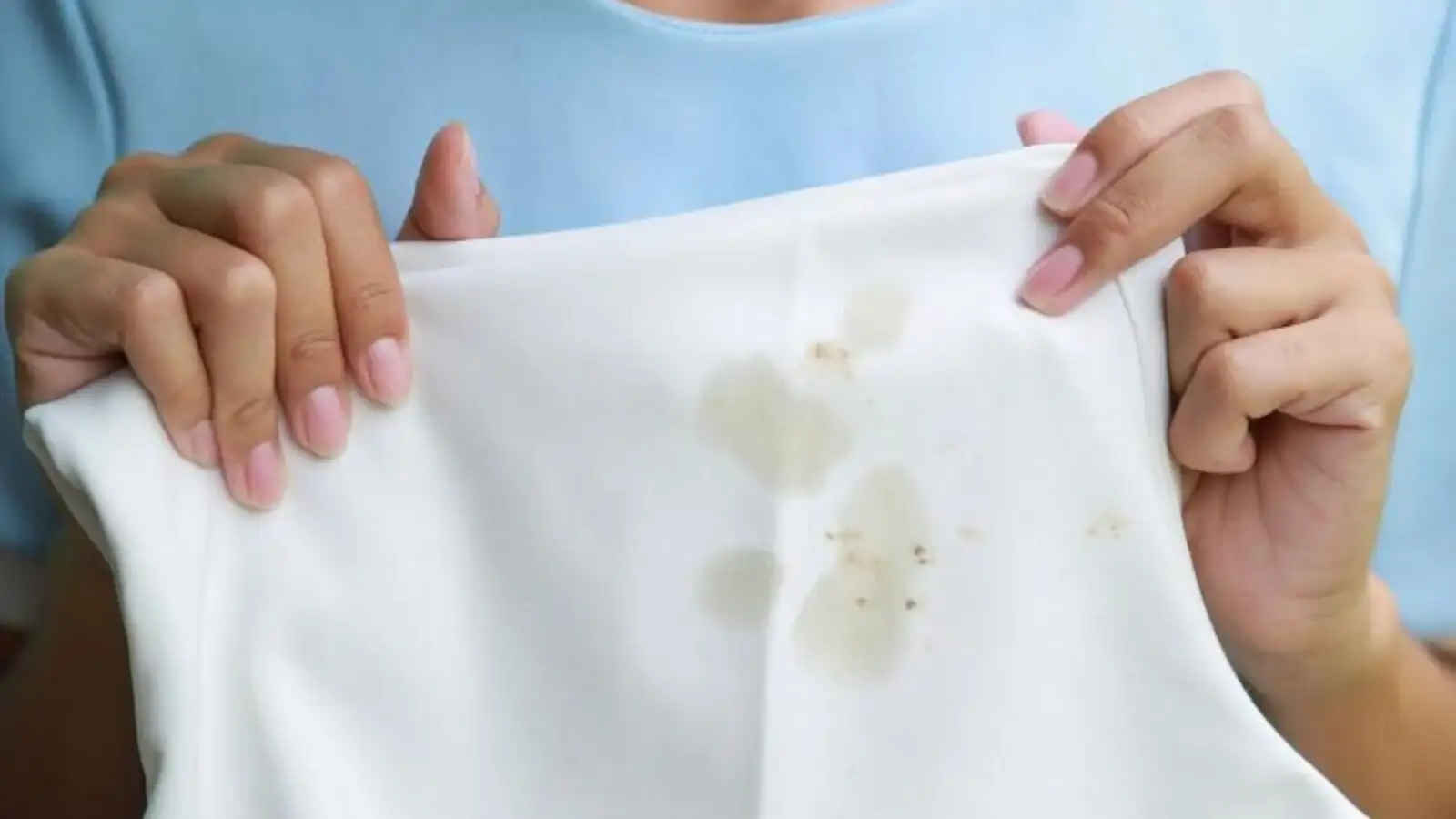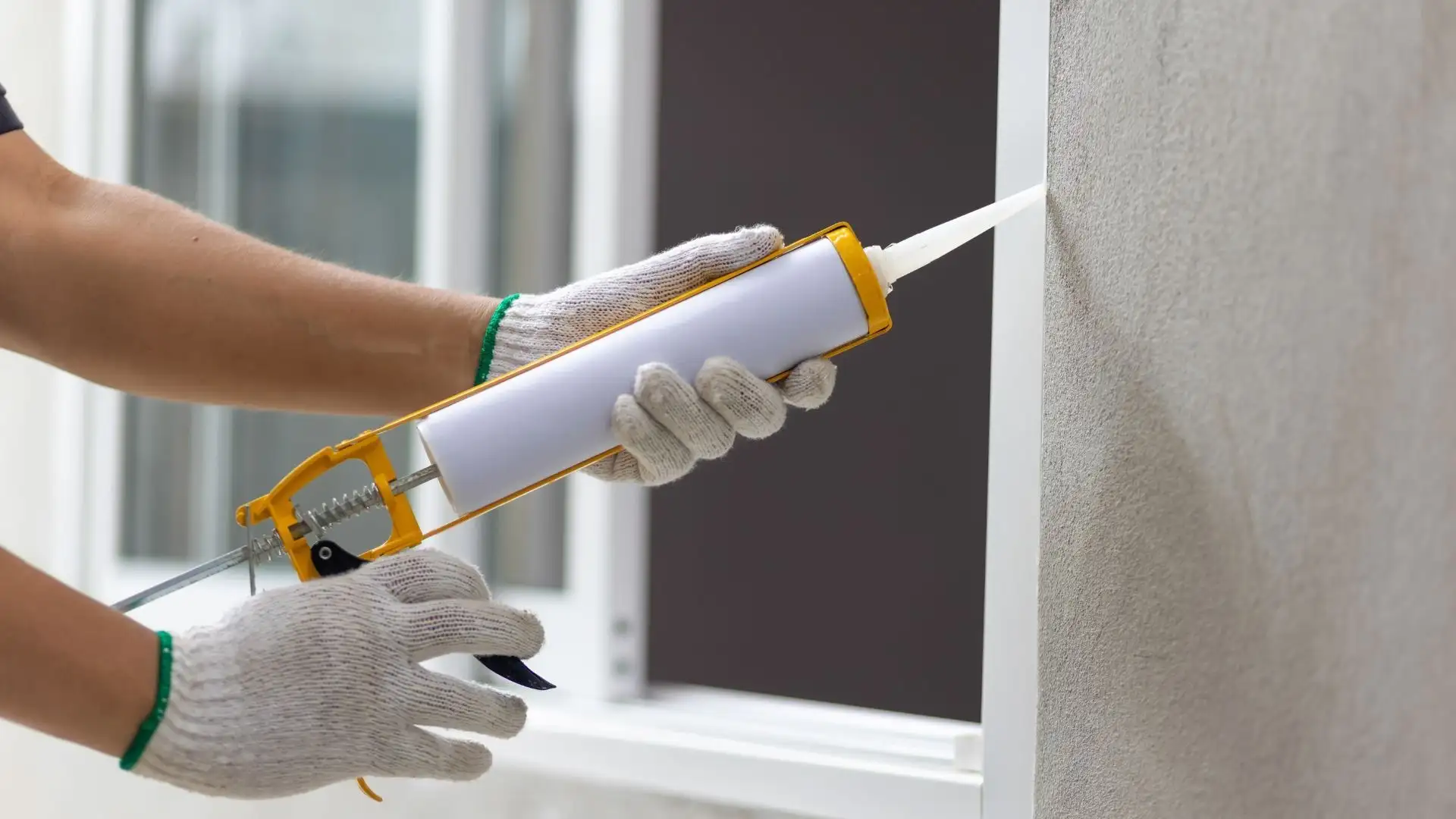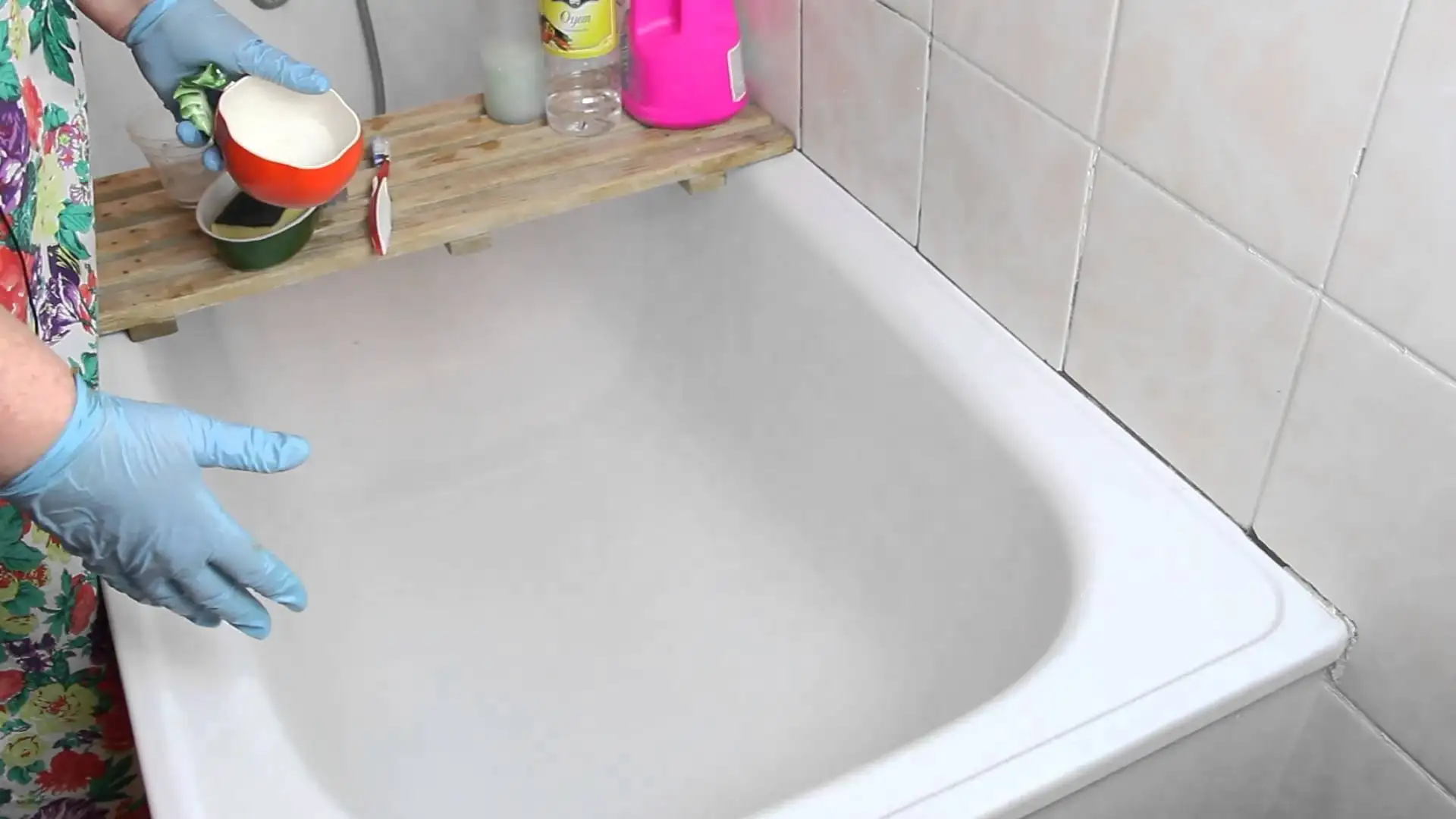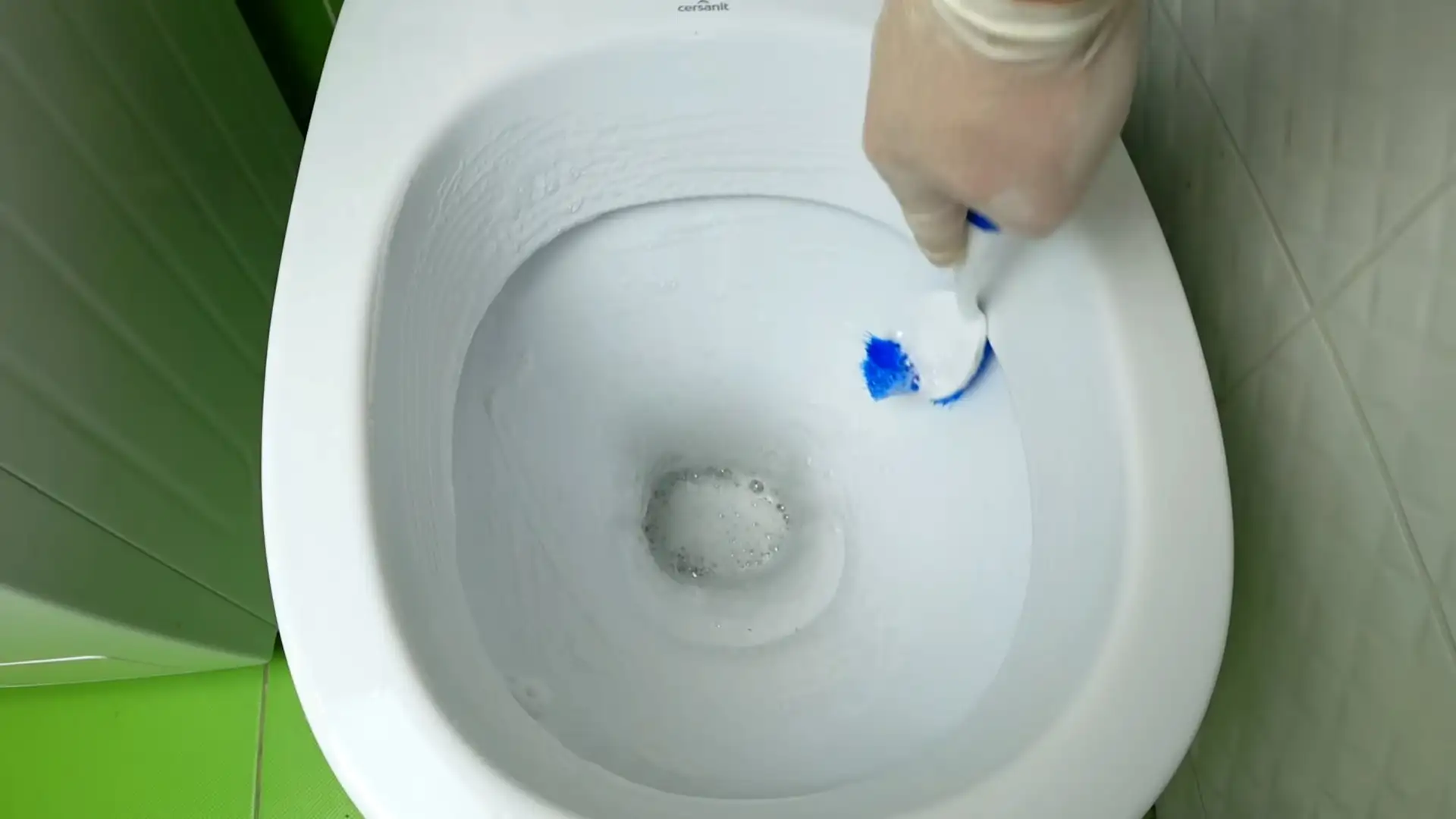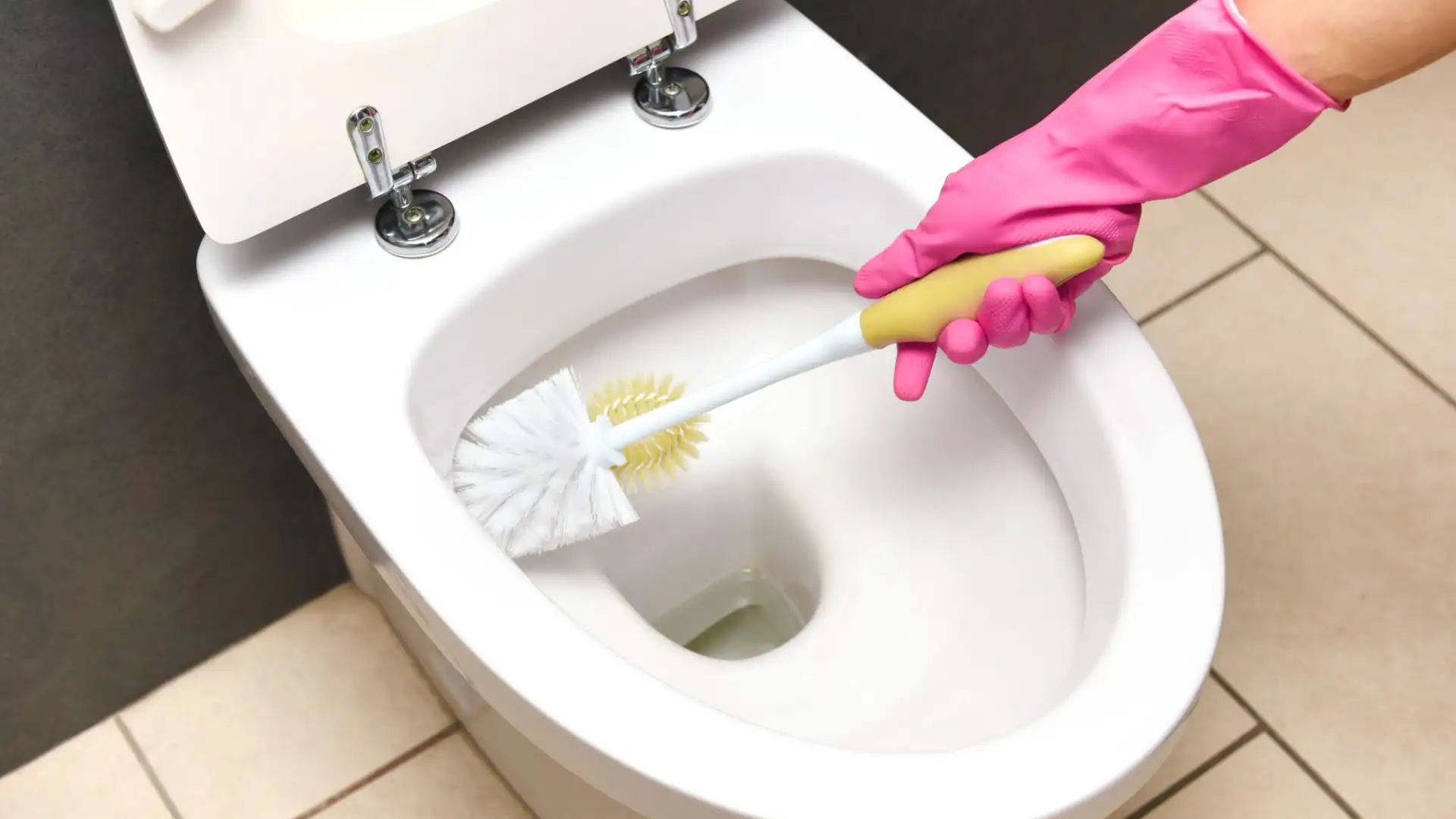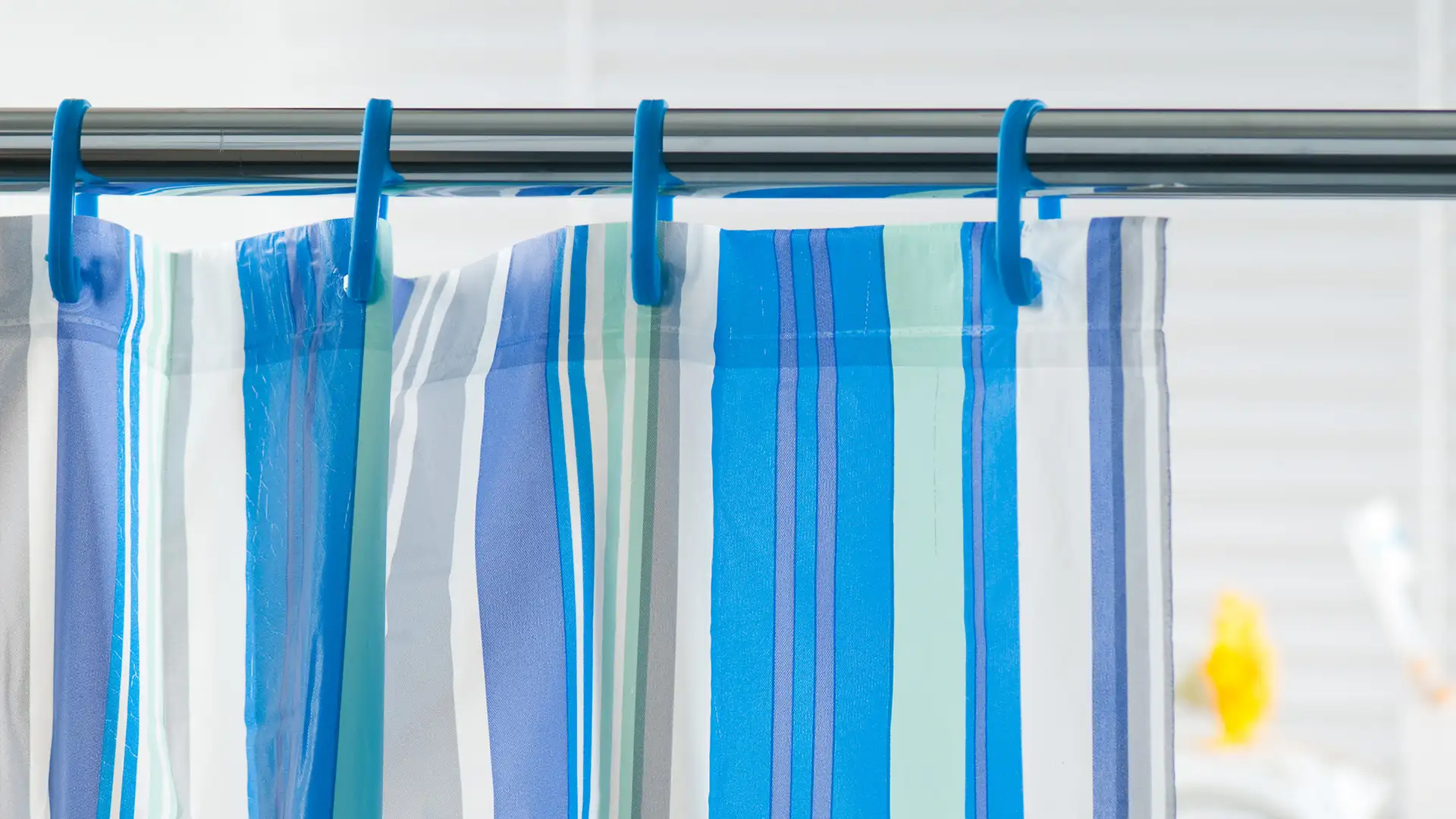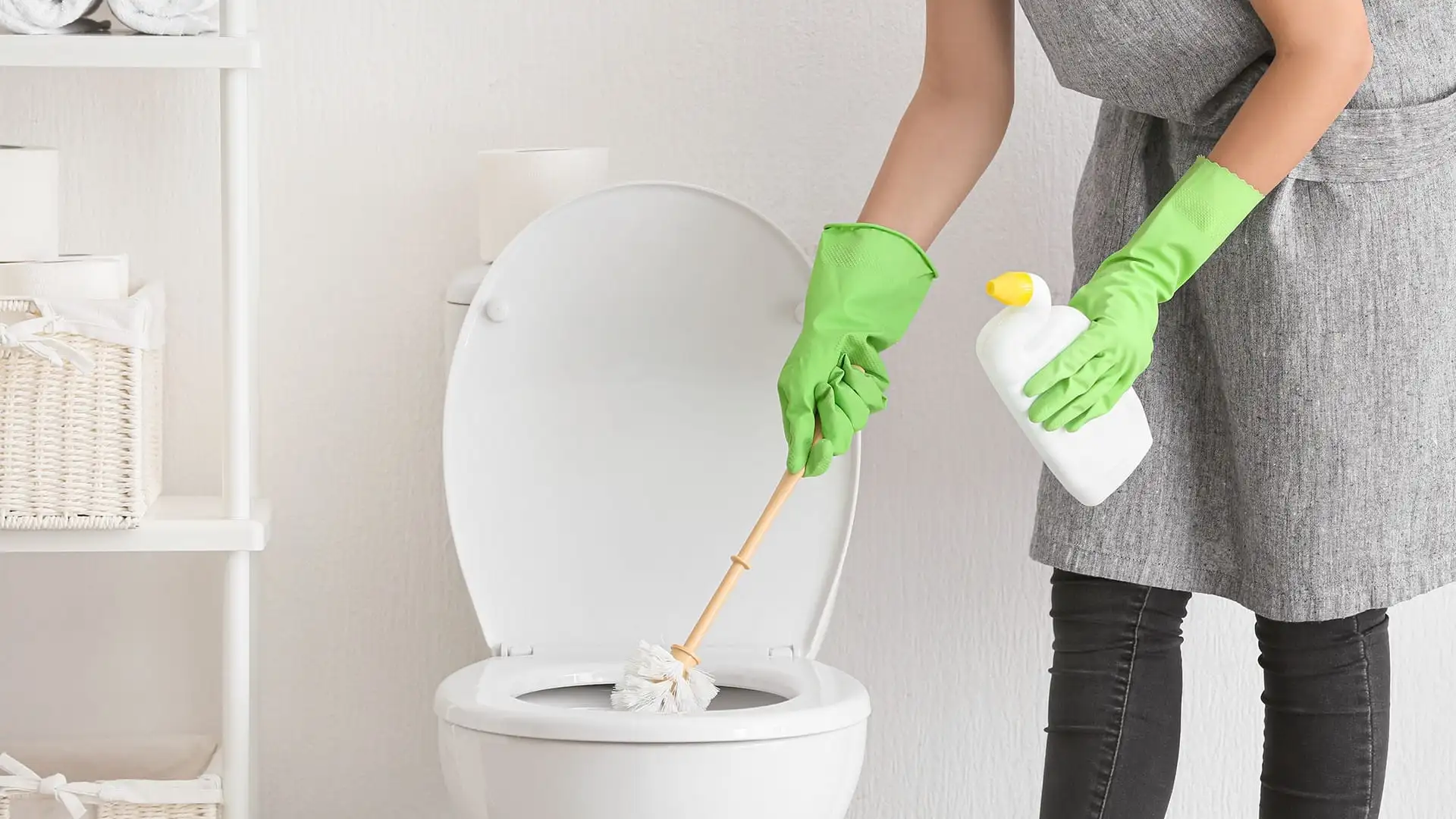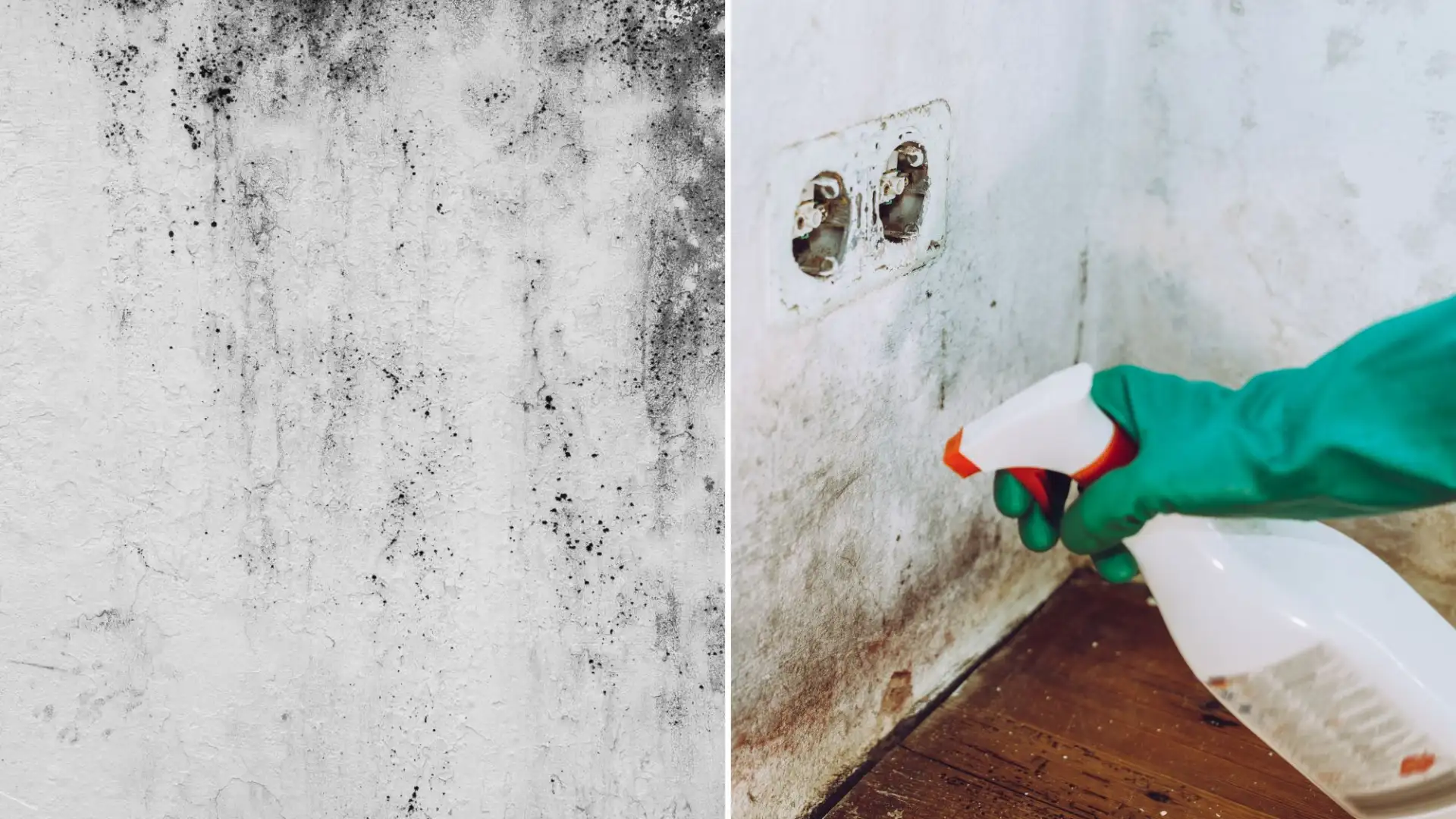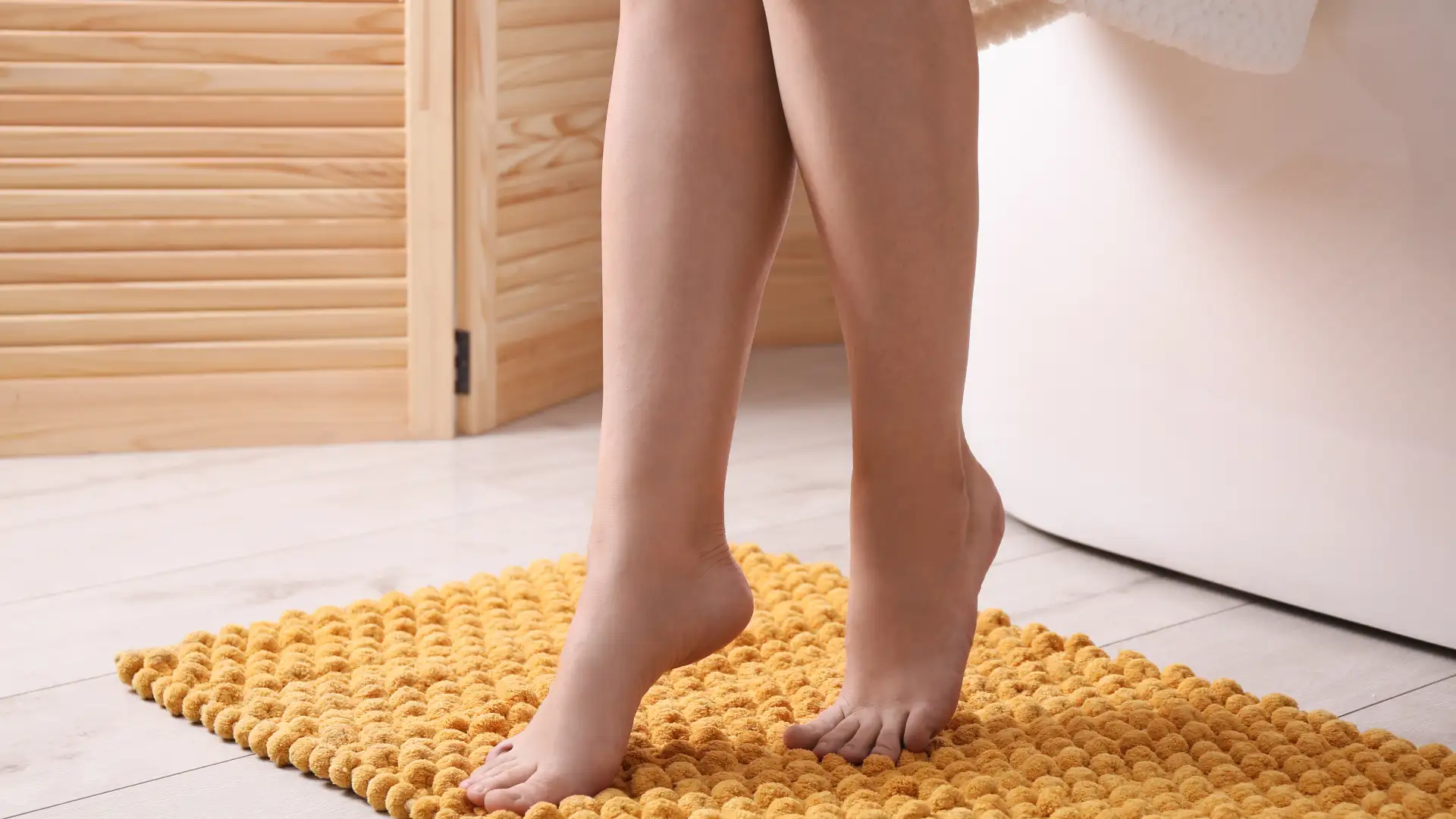There's nothing quite as unpleasant as the musty, damp smell that can linger on clothes, even after they've been washed. This unpleasant odor is often caused by a combination of factors, including moisture, bacteria, and mold. While it can be frustrating to deal with, there are several effective ways to remove this stubborn smell and keep your clothes fresh and clean.
Understanding the Cause of the Damp Smell
Before we delve into the solutions, it's important to understand the root causes of the damp smell. Moisture is the primary culprit, as it creates the ideal environment for bacteria and mold to thrive. This moisture can come from a variety of sources, such as:
- Improper drying: Failing to fully dry your clothes after washing can leave them damp and susceptible to odor-causing bacteria.
- Storage in damp conditions: Storing clothes in damp or humid areas, like a basement or a closet with poor ventilation, can lead to the development of mold and mildew.
- Exposure to sweat or body oils: Sweat and body oils can trap moisture in the fabric, creating a breeding ground for bacteria.
- Leaking pipes or appliances: If there is a leak in your home, the resulting moisture can seep into your clothes and cause a damp smell.
Effective Ways to Remove the Damp Smell
- Thorough Drying:
- Hang to Dry: Always ensure your clothes are completely dry before storing them. If you don't have a dryer, hang them in a well-ventilated area to air dry.
- Line Dry Outdoors: When weather permits, line drying is a great way to naturally freshen clothes and eliminate odors. The sun's UV rays have natural disinfecting properties.
- Use a Dehumidifier: If you live in a humid climate, consider using a dehumidifier to reduce moisture levels in your home and prevent damp clothes.
- Washing with Hot Water and Detergent:
- Hot Water: Hot water is more effective at killing bacteria and removing odors than cold water.
- High-Quality Detergent: Choose a detergent specifically designed to tackle tough odors and stains. Consider adding a fabric softener for an extra boost of freshness.
- Using Natural Odor Eliminators:
- White Vinegar: White vinegar is a natural disinfectant and deodorizer. Add half a cup to your washing machine with your detergent.
- Baking Soda: Baking soda helps to neutralize odors and absorb moisture. Sprinkle baking soda directly onto the affected area of your clothing and let it sit for a few hours before washing.
- Essential Oils: Essential oils like lavender, tea tree, and lemon have natural antibacterial and antifungal properties. Add a few drops to your laundry detergent or fabric softener for a fresh scent.
- Sun Drying:
- UV Disinfection: The sun's UV rays are a natural disinfectant and can help to eliminate odors and kill bacteria. Hang your clothes outside on a sunny day to freshen them up.
- Freezing:
- Killing Bacteria: Freezing can kill bacteria and help to eliminate odors. Place the affected items in a sealed plastic bag and put them in the freezer for at least 24 hours.
Preventing the Damp Smell
- Regularly Clean Your Washing Machine: A dirty washing machine can contribute to the buildup of bacteria and odors. Clean your machine regularly with a washing machine cleaner.
- Check for Leaks: Regularly inspect your home for any leaks, especially around pipes and appliances.
- Improve Ventilation: Ensure that your home is well-ventilated to reduce moisture levels. Open windows when possible and use fans to circulate air.
- Store Clothes Properly: Store your clothes in a clean, dry, and well-ventilated area. Avoid overcrowding your closets, as this can trap moisture and promote the growth of bacteria.
What causes clothes to smell damp after drying?
Have you ever pulled a freshly dried load of laundry out of the dryer only to discover a musty, damp smell? It's a frustrating experience that can make you question the effectiveness of your laundry routine. This unpleasant odor can be caused by a variety of factors, from improper drying techniques to underlying issues with your washing machine or home environment. In this article, we'll delve into the common culprits behind damp-smelling clothes and provide practical solutions to eliminate this frustrating problem.
Why Do Clothes Smell Damp After Drying?
- Insufficient Drying Time: One of the most common reasons for damp-smelling clothes is simply not drying them long enough. When clothes are not completely dry before being removed from the dryer, they provide a breeding ground for bacteria and mold, which can cause a musty odor. To prevent this, ensure that your dryer is set to the appropriate drying time for the fabric type and load size.
- Overloading the Dryer: Cramming too many clothes into the dryer can hinder airflow and prevent clothes from drying evenly. Overloaded dryers can also lead to longer drying times, increasing the risk of dampness and odor.
- Clogged Dryer Vent: A clogged dryer vent can significantly reduce the efficiency of your dryer. When lint and debris build up in the vent, it can trap moisture and prevent hot air from circulating properly. This can result in damp clothes and a potential fire hazard. Regular cleaning of your dryer vent is essential to maintain optimal performance and prevent odors.
- Mold and Bacteria Growth: Damp environments create the ideal conditions for mold and bacteria to thrive. If your laundry room is poorly ventilated or if there is a moisture problem in your home, mold and bacteria can grow on your clothes, even after they have been dried. Cleaning your washing machine regularly and ensuring proper ventilation in your laundry area can help prevent this issue.
- Residual Detergent or Fabric Softener: Excessive use of detergent or fabric softener can leave behind residue on your clothes, which can trap odors and moisture. Using the recommended amount of detergent and fabric softener and opting for fragrance-free options can help reduce the risk of this problem.
- Hard Water: Hard water contains high levels of minerals that can leave a film on your clothes and reduce the effectiveness of detergents. Over time, this film can trap odors and cause your clothes to smell damp. Using a water softener or adding a water softener to your laundry can help alleviate this issue.
Tips for Preventing Damp-Smelling Clothes
- Thoroughly Clean Your Washing Machine: Regularly clean your washing machine to remove any buildup of detergent, fabric softener, or mold. Run a hot water cycle with a washing machine cleaner once a month to keep your machine fresh and clean.
- Check for Leaks: Inspect your washing machine for any leaks that could be contributing to a damp environment. Even small leaks can lead to mold and mildew growth, which can cause your clothes to smell damp.
- Improve Ventilation: Ensure that your laundry room is well-ventilated. Open a window or use an exhaust fan to remove moisture from the air.
- Avoid Overloading the Dryer: Load your dryer according to the manufacturer's recommendations to ensure that clothes dry evenly and efficiently.
- Clean the Dryer Lint Trap: Clean the dryer lint trap after each use to prevent lint buildup and improve airflow.
- Use a Dehumidifier: If you live in a humid climate or have a moisture problem in your home, consider using a dehumidifier to remove excess moisture from the air.
By following these tips and addressing the underlying causes of damp-smelling clothes, you can enjoy fresh, clean laundry every time.
Top tips for how to get rid of damp smell in clothes
A musty, damp smell in your clothes can be quite unpleasant and frustrating. Whether it's caused by excessive humidity, improper drying, or simply being stored in a damp environment, this odor can be difficult to eliminate. Fortunately, there are several effective methods to get rid of that pesky damp smell and restore your clothes to their fresh, clean scent.
Understanding the Cause of Damp Smell
Before diving into the solutions, it's important to understand why your clothes develop a damp smell in the first place. Moisture is the primary culprit, as it creates an ideal breeding ground for bacteria and mold. These microorganisms thrive in damp conditions and produce unpleasant odors. Factors such as improper ventilation, leaving wet clothes in the washing machine for too long, or storing clothes in a humid environment can contribute to the problem.
Effective Ways to Remove Damp Smell from Clothes
- Proper Drying: Ensure your clothes are completely dry before storing them. This includes checking the pockets for any hidden moisture and using a dryer or drying rack in a well-ventilated area. Avoid leaving wet clothes in the washing machine for extended periods as this can lead to the growth of bacteria and mold.
- Ventilation: Improve air circulation in your closet or storage area. Open windows or use a dehumidifier to reduce humidity levels. Consider using cedar or charcoal bags, as these natural deodorizers can help absorb moisture and eliminate odors.
- White Vinegar Solution: White vinegar is a natural disinfectant and odor neutralizer. Create a solution of equal parts white vinegar and water. Soak your damp-smelling clothes in this solution for at least 30 minutes before washing them as usual.
- Baking Soda: Baking soda is another effective way to remove odors. Sprinkle baking soda generously on the affected areas of your clothes and let it sit for several hours or overnight. Then, wash your clothes as usual.
- Sunlight: Sunlight is a natural disinfectant and can help eliminate odors. Hang your damp-smelling clothes outside in direct sunlight to dry. The UV rays from the sun will help kill bacteria and mold, leaving your clothes smelling fresh.
- Essential Oils: Essential oils, such as lavender, tea tree, or eucalyptus, have natural antimicrobial properties. Add a few drops of your preferred essential oil to a spray bottle filled with water and mist your clothes lightly. Allow the clothes to air dry completely.
- Commercial Odor Eliminators: If home remedies don't seem to work, you can try commercial odor eliminators specifically designed for fabrics. These products are available in various forms, such as sprays, liquids, and sheets.
Preventing Damp Smell in the Future
- Regular Cleaning: Regularly clean your washing machine to prevent the buildup of mold and bacteria.
- Check for Leaks: Inspect your home for any leaks, especially in areas where you store your clothes.
- Use Moisture-Wicking Fabrics: Choose moisture-wicking fabrics for your clothes, especially if you tend to sweat a lot.
- Store Clothes Properly: Store your clothes in a clean, dry, and well-ventilated area.
By following these tips, you can effectively eliminate the damp smell from your clothes and prevent it from happening again. Remember, prevention is key, so make sure to address the underlying causes of the problem.
How to make your clothes smell good?
Are you tired of your clothes losing their fresh scent after just a few hours? Do you want to feel confident and smell amazing wherever you go? Well, you're in the right place! In this comprehensive guide, we'll explore a variety of effective methods to keep your clothes smelling fresh and fabulous all day long. From laundry day tips to natural fresheners, we've got you covered. So, let's dive in and discover the secrets to fragrant and long-lasting freshness.
Laundry Day Essentials
- Choose the right detergent: Opt for a high-quality detergent that is specifically designed to eliminate odors and leave your clothes smelling fresh. Look for detergents that contain natural ingredients and are free from harsh chemicals.
- Sort your laundry: Separate your whites from your colors and your delicates from your heavy-duty items. This will help prevent colors from bleeding and ensure that your clothes are cleaned properly.
- Avoid overloading your washing machine: Overloading your washing machine can prevent your clothes from getting thoroughly cleaned and rinsed, which can lead to lingering odors.
- Use the correct water temperature: The water temperature you choose will depend on the fabric of your clothes and the type of stain you're trying to remove. Hot water is best for heavily soiled items, while cold water is gentler on delicate fabrics.
- Add a fabric softener: Fabric softener can help to reduce static cling and make your clothes feel softer and smell fresher. However, be careful not to use too much, as this can build up on your clothes and attract dirt and odors.
Natural Freshness Boosters
- White vinegar: White vinegar is a natural disinfectant and deodorizer that can help to eliminate stubborn odors from your clothes. Add a cup of white vinegar to your washing machine along with your detergent.
- Baking soda: Baking soda is another natural ingredient that can help to neutralize odors and soften your clothes. Add half a cup of baking soda to your washing machine along with your detergent.
- Essential oils: Essential oils can add a pleasant fragrance to your laundry and have antibacterial properties that can help to keep your clothes smelling fresh. Add a few drops of your favorite essential oil to a dryer sheet or to a wool ball.
- Dry your clothes in the sunlight: Sunlight is a natural disinfectant and can help to eliminate odors from your clothes. Hang your clothes to dry outdoors on a sunny day.
Storage and Care Tips
- Store your clothes properly: Fold your clothes neatly and store them in a clean, dry place. Avoid storing clothes in damp or humid areas, as this can promote the growth of mold and mildew.
- Use cedar or lavender sachets: Cedar and lavender have natural deodorizing properties and can help to keep your clothes smelling fresh. Place a few sachets in your drawers or closets.
- Air out your clothes regularly: Even if you've only worn an item of clothing once, it's a good idea to air it out before storing it. This will help to prevent the buildup of odors.
What can I spray on my clothes to stop them from smelling damp?
Have you ever opened your closet to find your favorite clothes smelling damp and musty? This unpleasant odor can be caused by a number of factors, including excess moisture, mildew, or simply not wearing items frequently enough. Fortunately, there are several effective ways to tackle this problem without resorting to harsh chemicals. In this article, we'll explore a variety of natural and commercial options to help you keep your clothes smelling fresh and clean.
Natural Fabric Fresheners
One of the simplest and most effective ways to eliminate damp odors from your clothes is by using natural fabric fresheners. These homemade solutions are not only gentle on your fabrics but also environmentally friendly.
- White Vinegar: White vinegar is a powerful natural deodorizer that can help neutralize unpleasant odors. To use, simply fill a spray bottle with equal parts white vinegar and water, and mist your clothes lightly. Allow the vinegar to air dry completely before wearing.
- Baking Soda: Baking soda is another versatile ingredient that can be used to absorb odors. Create a paste by mixing baking soda with a small amount of water and apply it directly to the affected area. Let it sit for a few hours before brushing it off and laundering your clothes as usual.
- Essential Oils: Essential oils like lavender, lemon, and tea tree oil have natural antibacterial and antifungal properties that can help eliminate odors and freshen your clothes. To create a DIY fabric refresher, combine a few drops of your favorite essential oil with water in a spray bottle.
Commercial Fabric Refreshers
If you prefer a more convenient solution, there are many commercial fabric refreshers available on the market. These products typically contain a blend of fragrances and deodorizing agents that can help to mask and eliminate unpleasant odors. When choosing a commercial fabric refresher, it's important to select a product that is free of harsh chemicals and is safe for use on all types of fabrics.
Preventing Damp Odors
To prevent your clothes from smelling damp in the first place, consider the following tips:
- Proper Storage: Store your clothes in a cool, dry place. Avoid overcrowding your closet or drawers, as this can trap moisture and promote the growth of mildew.
- Line Drying: Whenever possible, line dry your clothes instead of using a dryer. This will help to reduce wrinkles and prevent odors from becoming trapped in the fabric.
- Regular Cleaning: Clean your washing machine and dryer regularly to remove any buildup of dirt, detergent, or mildew.
- Quick Fixes: If you're in a hurry, try hanging your damp clothes in a sunny spot to help them dry more quickly. You can also use a handheld steamer to remove wrinkles and freshen your clothes.
By following these tips and incorporating natural fabric fresheners into your laundry routine, you can keep your clothes smelling fresh and clean for longer.
Why do my clothes still smell damp?
Have you ever pulled a freshly laundered garment from your closet, only to be met with a musty, damp smell? This unpleasant odor can be frustrating and puzzling, especially when you've already put in the effort to wash your clothes. The reasons behind this persistent dampness can vary, but understanding the underlying causes is the first step towards finding a solution.
Common Culprits Behind Damp-Smelling Clothes
- Insufficient Drying: One of the most common reasons for damp-smelling clothes is inadequate drying. Whether you're using a dryer or hanging your clothes to air dry, it's essential to ensure that they are completely dry before storing them. Residual moisture can create a breeding ground for bacteria and mold, leading to unpleasant odors.
- Improper Storage: The way you store your clothes can also contribute to dampness. Storing clothes in a damp or poorly ventilated area can trap moisture and promote the growth of mildew. Additionally, overcrowding your closet can prevent air circulation, leading to musty smells.
- Hard Water: Hard water contains high levels of minerals, which can leave a residue on your clothes that can trap odors. This residue can also make it more difficult for your detergent to work effectively, leaving your clothes feeling less than fresh.
- Detergent Residue: Using too much detergent or not rinsing your clothes thoroughly can leave behind a residue that can attract bacteria and cause unpleasant odors. Over time, this residue can build up in your washing machine, further contributing to the problem.
- Mold and Mildew: Mold and mildew thrive in damp, dark environments. If you notice visible mold or mildew on your clothes or in your washing machine, it's important to clean them thoroughly and address the underlying moisture issue.
Tips for Preventing Damp-Smelling Clothes
- Thoroughly Dry Your Clothes: Ensure your clothes are completely dry before storing them. Use a dehumidifier in damp areas to reduce moisture levels.
- Choose the Right Detergent: Opt for a high-quality detergent that is specifically designed to remove odors and prevent the buildup of residue.
- Clean Your Washing Machine: Regularly clean your washing machine to remove any buildup of detergent, fabric softener, or bacteria.
- Ventilate Your Laundry Area: Ensure that your laundry area is well-ventilated to allow moisture to escape.
- Store Clothes Properly: Store your clothes in a clean, dry, and well-ventilated area. Avoid overcrowding your closet or drawers.
What does dampness smell like?
Have you ever walked into a room and been hit by a distinctive, unpleasant odor? That musty, earthy smell is often associated with dampness. But what exactly causes this odor, and why is it so hard to get rid of? In this article, we'll delve into the world of dampness, exploring its causes, the science behind its smell, and effective ways to eliminate it.
The Science Behind the Smell
Dampness, or excess moisture, creates the perfect breeding ground for various microorganisms, including mold, mildew, and bacteria. These organisms produce volatile organic compounds (VOCs) as they grow and decompose organic matter. These VOCs are responsible for the distinctive musty, earthy smell associated with dampness.
Common Causes of Dampness
- Leaks: Leaky pipes, roofs, or windows can introduce excess moisture into a building, leading to dampness.
- Condensation: Cold surfaces, such as windows, can cause water vapor in the air to condense, forming droplets. Over time, this can lead to dampness and mold growth.
- Lack of ventilation: Poorly ventilated spaces can trap moisture, creating a humid environment that promotes the growth of mold and mildew.
- Rising damp: In older properties, rising damp occurs when moisture from the ground is drawn up through the walls, causing dampness and saltpeter deposits.
The Health Risks of Dampness
Exposure to dampness and mold can have serious health consequences, especially for people with allergies, asthma, or weakened immune systems. Some of the health problems associated with dampness include:
- Respiratory problems, such as coughing, wheezing, and shortness of breath
- Allergic reactions, including skin rashes and eye irritation
- Chronic fatigue syndrome
- Neurological problems
How to Get Rid of Dampness Smell
- Identify and fix the source: The first step in eliminating dampness is to identify and fix the underlying cause, such as a leaky pipe or a poorly ventilated room.
- Improve ventilation: Increase airflow by opening windows, using fans, and installing ventilation systems.
- Reduce humidity: Use dehumidifiers to remove excess moisture from the air.
- Clean and disinfect affected areas: Clean and disinfect moldy or mildew-affected surfaces using a solution of bleach and water.
- Prevent future problems: Take steps to prevent dampness from returning, such as regularly inspecting your home for leaks and ensuring proper ventilation.
The musty, earthy smell of dampness is more than just an unpleasant odor. It's a sign of underlying moisture problems that can lead to health issues and property damage. By understanding the causes of dampness and taking steps to eliminate it, you can create a healthier and more comfortable living environment.
How do you neutralise damp smell?
Have you ever walked into a room and been hit by a musty, damp smell? This unpleasant odor, often associated with basements, bathrooms, and other damp areas, can be caused by excess moisture and the growth of bacteria, mold, and mildew. Fortunately, there are several effective ways to neutralize damp smells and restore a fresh, clean scent to your home.
Understanding Damp Smells
Damp smells occur when moisture becomes trapped in materials like wood, drywall, or fabric. This excess moisture creates the perfect breeding ground for bacteria and fungi, which produce unpleasant odors. Factors such as poor ventilation, leaky pipes, and high humidity levels can contribute to the development of damp smells.
Effective Strategies for Neutralizing Damp Smells
To effectively eliminate damp smells, a multi-faceted approach is often necessary. The following strategies can help you create a fresher, more inviting living space.
- Deep Cleaning: Thoroughly clean all affected areas using a solution of warm water and a mild detergent. Pay special attention to areas where mold or mildew may be present, such as grout lines, corners, and under sinks. Consider using a natural cleaner like vinegar or baking soda to help eliminate odors and kill bacteria.
- Improve Ventilation: Adequate ventilation is essential for reducing humidity levels and preventing the growth of mold and mildew. Open windows whenever possible to allow fresh air to circulate. Use exhaust fans in bathrooms and kitchens, and consider installing a whole-house dehumidifier to remove excess moisture from the air.
- Natural Remedies: Natural remedies like baking soda, vinegar, and activated charcoal can be effective in neutralizing odors. Place open boxes of baking soda or activated charcoal in damp areas to absorb moisture and odors. You can also create a natural air freshener by combining equal parts white vinegar and water in a spray bottle.
- Commercial Products: There are numerous commercial products available specifically designed to eliminate odors. Enzyme cleaners are particularly effective at breaking down organic matter and neutralizing odors. Odor eliminators and neutralizers can also help to mask unpleasant smells and create a more pleasant atmosphere.
Preventing Damp Smells
The best way to deal with damp smells is to prevent them from occurring in the first place. Regularly inspect your home for signs of water damage, such as leaky pipes or water stains. Fix any leaks promptly and ensure that your home is properly insulated to prevent condensation. By taking these preventive measures, you can enjoy a healthier and more comfortable living environment.
Damp smells can be a persistent and frustrating problem, but with the right approach, they can be effectively neutralized. By combining deep cleaning, improved ventilation, and the use of natural and commercial products, you can create a fresher, more inviting home. Remember, addressing the underlying causes of dampness is essential for long-term success.
How do you remove damp smell from clothes without washing?
Have you ever pulled a favorite shirt out of your closet only to be met with a musty, damp smell? This unpleasant odor can be caused by a variety of factors, such as excess moisture, bacteria, or even mold. Fortunately, there are several effective ways to eliminate damp smells from your clothes without having to run a full wash cycle. By following these simple tips, you can keep your wardrobe fresh and clean.
Understanding the Cause of Damp Smells
Before we dive into the solutions, it's important to understand why clothes develop a damp smell in the first place. Moisture is the primary culprit. When clothes become damp, whether from sweat, spills, or simply hanging in a humid environment, they create the perfect breeding ground for bacteria and mold. These microorganisms feed on organic matter and produce unpleasant odors as a byproduct.
Effective Methods to Remove Damp Smells
- Air Out Your Clothes: One of the simplest and most effective ways to remove damp smells is to air out your clothes. Hang them in a well-ventilated area, preferably outdoors in direct sunlight. The combination of fresh air and sunlight will help to kill bacteria and evaporate moisture. For delicate items, consider using a drying rack indoors and placing a small fan nearby to circulate the air.
- Freeze Your Clothes: This method might sound unusual, but it can be quite effective for removing stubborn odors. Place your damp clothes in a sealed plastic bag and put them in the freezer for several hours. The freezing process kills bacteria and helps to eliminate odors. Once frozen, remove the clothes from the freezer and allow them to thaw completely before wearing.
- Use Baking Soda: Baking soda is a natural deodorizer that can help to absorb unpleasant odors. Sprinkle baking soda generously over the affected areas of your clothes and let it sit for several hours or overnight. The baking soda will absorb the moisture and neutralize the odors. Afterward, simply brush off the baking soda and give your clothes a good shake.
- White Vinegar: White vinegar is another versatile household item that can be used to remove damp smells. Create a solution of equal parts white vinegar and water, and spray it onto the affected areas of your clothes. Allow the solution to sit for a few minutes before rinsing it off with cold water. The acetic acid in vinegar helps to kill bacteria and neutralize odors.
- Essential Oils: Essential oils, such as lavender, tea tree, and eucalyptus, have natural antibacterial and antifungal properties. Add a few drops of your favorite essential oil to a spray bottle filled with water, and mist your clothes lightly. The pleasant scent of the essential oil will help to mask any lingering odors.
Preventing Damp Smells
To prevent damp smells from occurring in the first place, it's important to take steps to keep your clothes dry and clean.

